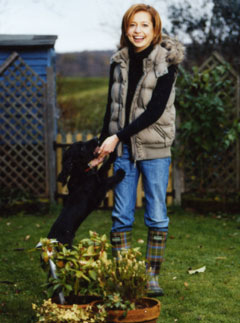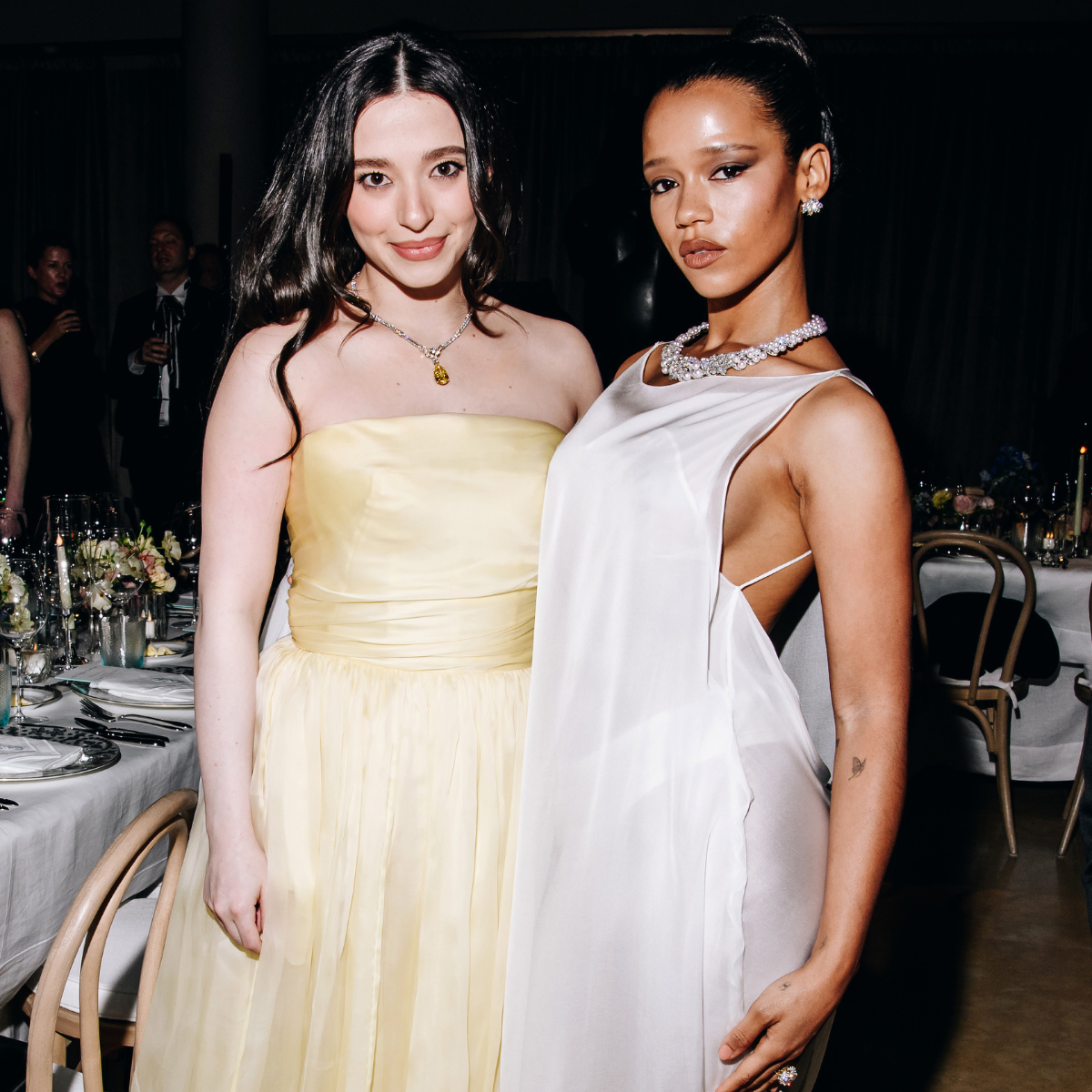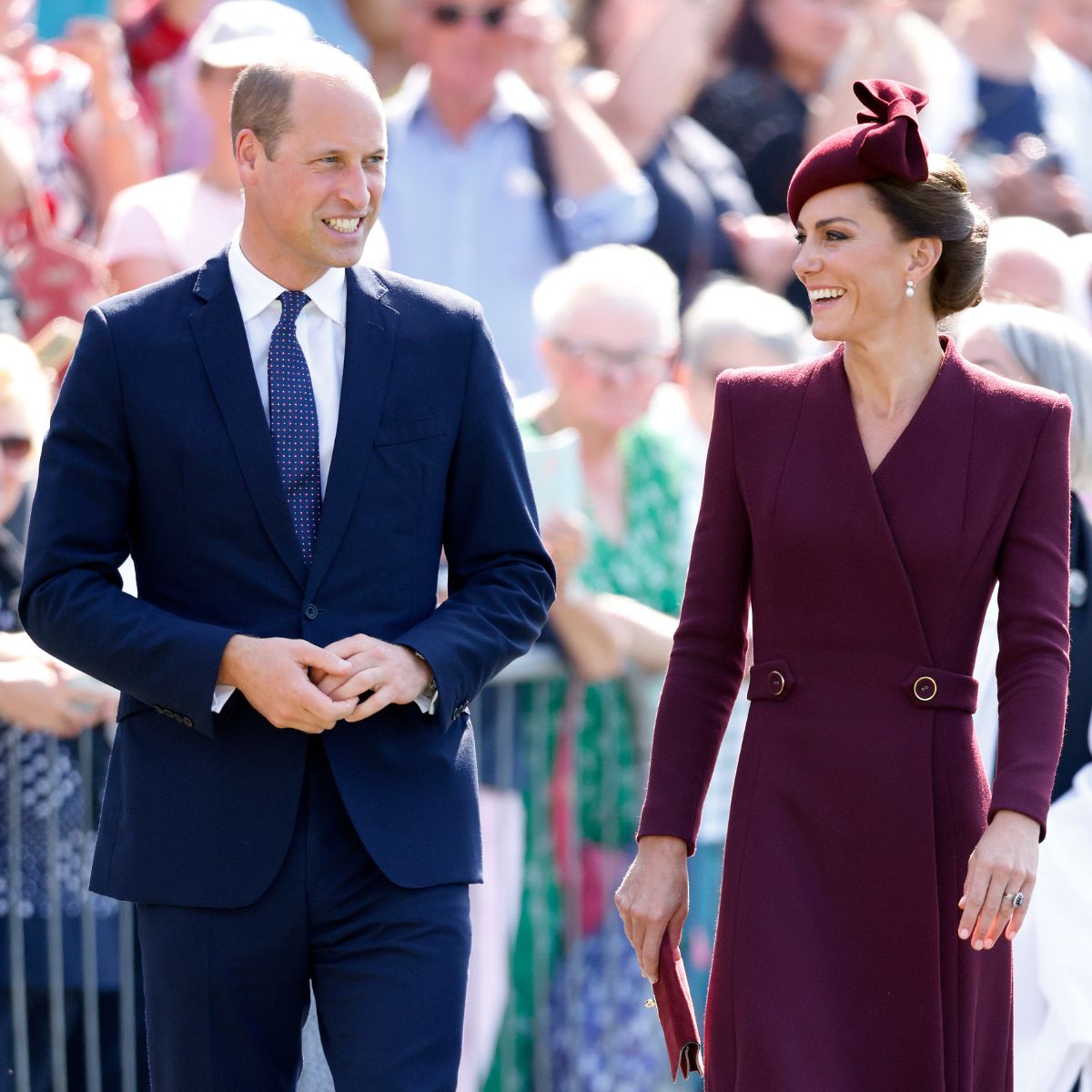My message of hope for Anorexics
At 19, Alex Corkran's eating disorder was so severe, she was on the verge of a cardiac arrest. Now 31, and in recovery, she's helping other sufferers battle the disease.

At 19, Alex Corkran's eating disorder was so severe, she was on the verge of a cardiac arrest. Now 31, and in recovery, she's helping other sufferers battle the disease.
As I lay strapped to a cardiogram, my doctor told me that I was on the verge of having a heart attack; I was 19. You would think this would be my wake-up call to get help for the anorexia and bulimia I had battled with for the previous few years. Instead, I went home and weighed myself, disheartened that I had gained 1lb from being on a drip.
I was brought up in a very loving environment. I have one sister, Claire, now 34 and a primary-school teacher. Dad was an Army officer and Mum stayed home until my sister and I went to school. We lived in an old house in a small village in Berkshire. It was a cosy home.
My childhood was spent playing post offices, climbing trees, and building camps. But I was a worrier. I was self-conscious; I remember being teased and called names. When I was six, I went through a spell of not sleeping; I made it worse by worrying about it. I never told anyone how I felt because I didn?t know how to describe my feelings.
I followed Claire to boarding school when I was eight. My parents didn?t want us to have to change schools if my father was sent abroad on duty. I went home fortnightly, but struggled with homesickness. I made friends, but even though I was made head girl, I never fitted in. Other girls picked on me because they knew they?d get a reaction. I was incredibly miserable.
When I was 12, I moved to a new boarding school. I thought I would feel better with a change of environment, but the older girls were all cooler than me and I worried again about not fitting in.
That first term, lunchtimes became a source of worry. I was a slow eater and everyone else would have finished their lunch by the time I?d peeled my orange. So I stopped eating oranges. I started to push my food around my plate ? nothing to make a scene, but enough for Claire to notice. She told Mum, who confronted me, but I managed to convince her that there was nothing to worry about.
Marie Claire Newsletter
Celebrity news, beauty, fashion advice, and fascinating features, delivered straight to your inbox!
My knowledge of eating disorders was restricted to a few girls in the sixth form. I always looked at them with a mixture of sadness and envy. I thought I lacked the self-discipline to ever have a problem and I weighed a healthy eight-and-a-half stone. After that first term, I stabilised and ate well, even though I was developing an obsession with weight-loss. I longed for the will power to diet and lose weight.
I was bullied. There was one ringleader, and girls I got on with one-to-one were too scared to stand up to her. They would laugh along as she made cruel comments. I thought that if I could lose weight I would be more popular. There was a huge image culture at school.
When I was 16, I moved to a day school. My parents suggested I might be happier doing my A-levels there. I thought I would finally be happy away from the bullying and the pressurised environment. I loved it. There was no bitching and at the end of every day, I could go home.
Ironically, it was at this point that everything began to unravel. I was stressed about my exams and, even though I was happier in my surroundings, those feelings of worthlessness I?d had since I was a child remained. My self-worth was on the floor. I stopped seeing friends and I started eating less. Chocolate bars gave way to oatcakes and then smaller and smaller pieces of oatcake. My appetite for food, life, everything, had gone and all of my anxieties were channelled into a fear of food. Then I discovered bulimia and that gave me permission to eat.
Shortly before my A-levels, a family friend, Jane, took me to the doctor. We were close; she was the first person I told about my eating disorder. The doctor diagnosed me with clinical depression and I dropped out of school. I took one A-level in June, but by this time I had zoned out. I was struggling with everything and had effectively put an end to my dream of medical school. But I didn?t care. I just wanted to be thin.
I existed on a handful of dry bran flakes and a cup of black coffee for breakfast, followed by half a sandwich for lunch. I had a car crash because I?d barely eaten and blacked out. Even then, I denied I had a problem. I was too deep into the condition to listen.
My illness was the cause of many family rows and it used to really upset Claire. Whenever she said anything to me, I twisted her words so brilliantly that it was like slamming her heart and head into a brick wall.
I bought food knowing that I would later make myself sick. I cooked for my mum and dad and I made myself separate food because I was a vegetarian. A typical meal would be white cabbage and a hard-boiled egg, but between the kitchen and the living room, I would put the egg yolk in a tissue up my sleeve. I was referred to a number of counsellors, but I would make my excuses and tell my parents that they weren?t helping.
A few weeks after I was hospitalised on the verge of a heart attack, I was admitted to a psychiatric hospital. Eating disorder clinics are incredibly competitive. I wanted the other girls to get better, but couldn?t get my head around my own need for help and would resist their regime of three meals a day by doing thousands of jumping jacks in my room, hiding food up my sleeves and vomiting up the food I had been forced to eat. I truly believed I could stop at any point. But I was in the full-blown grip of the disease. When I was released six weeks later, I lost all the weight I’d gained in the clinic. My head on the pillow hurt every morning, my feet were black and swollen from poor circulation, my teeth were eroded and my bones were brittle. I also suffered night terrors where my whole body would be swept with fear and I was trapped between wakefulness and sleep.
I saw my friends from time to time, but all I could focus on was food. They let me know they loved me and were there for me, but they were living their lives, going to university and falling in love.
By the time I was 23, I thought my life was over. I’d been in three eating disorder clinics, for up to seven months at a time. My face looked haunted and the light had gone from my eyes. As a last resort, I was sent to a clinic that specialised in therapy for addicts. I think I realised that I couldn’t carry on much longer and I asked my mum to take pictures of me as a record of how thin I was.
The photos arrived a few days into my treatment. Sickeningly, I tried to use them to prove that I didn’t need to be there. I thought they proved that I looked fine. I tried to run away again and again. My lowest point was calling home and telling Dad to come and get me. He said: ‘This is not your home now. This illness has been ruining the lives of four people and we have tried everything we can. I won’t watch your mum die of a broken heart and your sister’s life be destroyed.’ It was hard to hear, but it made me stay.
I found myself thinking, ‘Shit, this is what my life has become. I’m 23. I wanted to be a doctor, I wanted to get married, I wanted to travel the world.’
In group therapy, I started to feel less alone. I listened to what the others were saying. They all felt worthless – rich, poor, young and old. We were all anaesthetising our feelings with something. I saw people recover and leave and I wanted that, too.
I left the clinic in May 2000 after 11 months. A few weeks later I realised just how far I’d come when I ate in public for the first time. I’d met friends for coffee and, as it got near lunchtime, I made my excuses. I didn’t want to skip lunch, I just couldn’t eat in front of people. They persuaded me to stay. I was so scared – I was crying and holding my friend’s hand under the table the whole time. I still remember what I ate to this day: a brown bread, cream cheese and tomato sandwich.
Now, almost eight years on, food tastes good, gives me energy and keeps me healthy. I still dream of having a family. I won’t know until I try whether my anorexia has affected my fertility. Almost everything else is back to normal, although I have ongoing problems with my teeth because of the bulimia. I worry that I’ll end up alone because my life stood still while my friends were all getting married. I didn’t start dating until I was in recovery.
A few months into recovery, I was invited to my old school to talk about my experiences. Now I run my own business, Springback, talking to students about what I’ve been through. I advise people on how to get help and where to find the answers. I’ve visited over 400 schools in the last couple of years and there are other speakers that share their experiences of jail, drug addiction and living with disability. I act as a mediator between troubled teenagers and professionals. I hope to open their eyes to life and provide inspiration.
Denial is at the heart of the illness, so it’s often friends of sufferers who seek my advice. I tell them that they can’t make their friend’s illness worse. Keeping an anorexic’s secret keeps them sick, but at the same time, they have to understand that it isn’t their place to fix their friend – they need special help. After my talks, I get emails from girls who tell me that I voiced their experiences and feelings and made them feel less alone. I don’t know if having someone like me to talk to would have saved me. Parents and teachers that I talk to have a really good understanding of the illness and they are better equipped to deal with it.
People who want to fit the norm will always aspire to look a certain way. At the moment, the messages we consume are twisted. Celebrities are too fat, then too thin, and we forget that wealth and fame don’t provide instant self-esteem. The reality of an eating disorder is far from glamorous.
For more information on Alex’s work, visit springback.org.uk. For more information on eating disorders, call 0845-634 1414, or visit b-eat.co.uk.
The leading destination for fashion, beauty, shopping and finger-on-the-pulse views on the latest issues. Marie Claire's travel content helps you delight in discovering new destinations around the globe, offering a unique – and sometimes unchartered – travel experience. From new hotel openings to the destinations tipped to take over our travel calendars, this iconic name has it covered.
-
 The 10 best dresses celebrities from Tiffany & Co.'s Blue Book 2025 Gala
The 10 best dresses celebrities from Tiffany & Co.'s Blue Book 2025 GalaCelebrating the brand's marine-inspired collection
By Sofia Piza
-
 These are the 11 cult designer buys of spring 2025—and they're already selling out
These are the 11 cult designer buys of spring 2025—and they're already selling outFrom Miu Miu's must-have cowboy hat to Loewe's latest bag
By Clementina Jackson
-
 Prince William and Princess Kate have announced their 14th wedding anniversary plans
Prince William and Princess Kate have announced their 14th wedding anniversary plansBy Jenny Proudfoot